Mozambique: Judges must not give in to fear of threats - Constitutional Council
“Local elections were neither free, nor transparent, nor fair”- ‘Vote Mozambique’ platform says
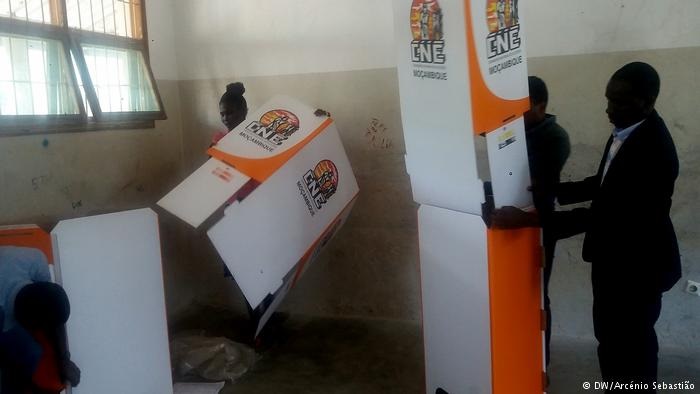
A week after the election, and criticism of the recent municipal elections persists. The ‘Vote Mozambique’ [Votar Moçambique] platform says that process was neither free, fair or transparent, and the German ambassador to Mozambique has called for clarification of the claims.
The civil society platform Votar Moçambique called a press conference in Maputo on Wednesday to clarify its position on the October 10 local elections. Citing the platform’s statement, Edson Cortes, the director of the Centre for Public Integrity (CIP), an organisation affiliated with Votar Moçambique said: “The elections were neither free nor transparent nor fair.”
This opinion, Cortes says, is based on information collected by the consortium through a network of researchers, monitors, correspondents and observers spread throughout Mozambique’s 53 municipalities.
“We were able to see clear situations of intimidation of opposition party voters, members and candidates of opposition parties, police action that was always partial on behalf of the ruling party, and a lack of transparency and impartiality on the part of the electoral bodies,” the CIP director said.
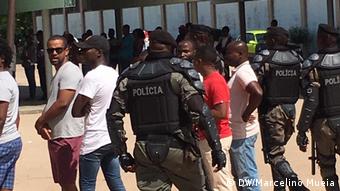
In addition, he added, the platform notes that “there has never been any condemnation of the acts of violence and electoral offences that were taking place on the part of public office holders at the highest level”.
The civil society platform’ statement also highlights other irregularities, such as the lack of coordination between electoral management bodies. In Monapo, although the CNE and STAE provisional count gave victory to Renamo, the local district election commission presented official results giving victory to Frelimo.
Vote Mozambique also said that electoral bodies were routinely reluctant to release electoral results in municipalities where the opposition had an advantage during counting.
German ambassador urges calm and clarification

Civil society organisations have joined others in calling on all those who feel aggrieved to resort to legal mechanisms to address their complaints.
The German ambassador to Mozambique, Detlev Wolter said it was vital to calmly clarify the processes in the four municipalities where there are disputes.
“Reconciliation, tolerance, peace and the process of decentralisation are important contributions to a more prosperous and stable future for Mozambique,” he said, noting that his country had subscribed to the European Union declaration congratulating Mozambique on the orderly and generally peaceful manner of the elections.
What role do observers play?
The performance of international observers has been criticised in the country by the two largest opposition parties, Renamo and MDM, who question their whereabouts at the time of the results.
João Pereira, the Executive Director of the Civil Society Support Mechanism Foundation (MASC), however believes that “it is not for international observers to judge a national process. It is up to national civil society organisations to feed the international organisations with concrete evidence to be able to reach an exact conclusion”.
But Edson Cortes says there has been a change from the past, when observers merely said that, despite irregularities, they had not seen enough to say the process was tarnished, citing recent statements from two international organisations advising aggrieved parties to “use legal means to channel their complaints”.
“This may show that, diplomatically, even international observers have been able to see ways in which the elections were not free, transparent and fair,” he concluded.


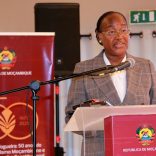
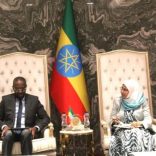

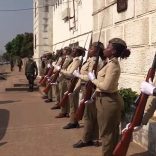
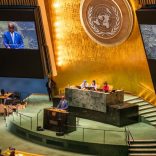
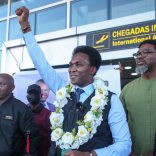




Leave a Reply
Be the First to Comment!
You must be logged in to post a comment.
You must be logged in to post a comment.